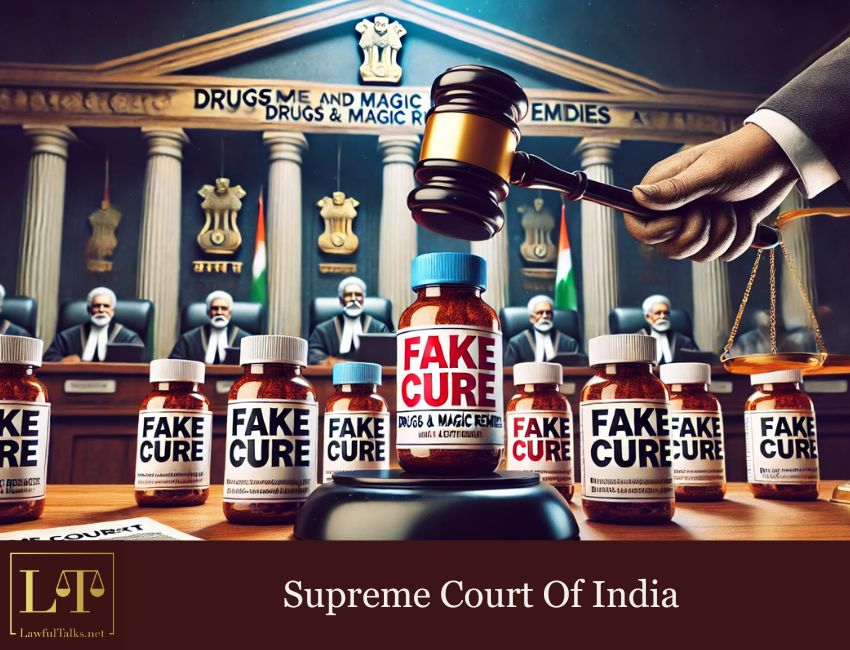Allahabad HC Sets Aside Afzal Ansari's Conviction, Allows Him to Continue as MP

Emphasizing on the critical role of the Drugs and Magic Remedies (Objectionable Advertisements) Act, the Supreme Court recently in a case underscored the need for a structured mechanism enabling citizens to file complaints against misleading medical advertisements. A bench comprising Justice Abhay S. Oka and Justice Ujjal Bhuyan examined the issue and directed Senior Advocate Shadan Farasat, acting as Amicus Curiae, to submit a detailed note on the Act’s implementation.

The case stems from the Indian Medical Association's (IMA) petition highlighting regulatory gaps in preventing deceptive medical advertisements. The bench noted that the Act mandates the establishment of an enforcement framework and pointed out the absence of a system enabling the public to report violations. The Court signaled its intent to issue comprehensive directives, including the creation of a grievance redressal mechanism and possible dedicated communication channels for complaints.
Previously, on May 7, 2024, the Court had instructed all State and Union Territory Governments to submit affidavits detailing enforcement actions taken since 2018 under the Drugs and Magic Remedies Act, the Drugs and Cosmetics Act, and the Consumer Protection Act.
The Court later sought explanations from authorities regarding their failure to impose penalties and ensure compliance. During the latest hearing, Senior Advocate Shadan Farasat informed the Court that no specific directives had been issued to states and UTs regarding the Act, leading to the bench’s decision to finalize its directions on March 7.
The Court further reviewed compliance with Rule 170 of the Drugs and Cosmetics Rules, 1945, by states including Jharkhand, Karnataka, Kerala, Madhya Pradesh, Pondicherry, and Punjab. It found Jharkhand’s affidavit inadequate, questioning whether advertisements regulated by the provision were still being published without authorization.
Karnataka was reprimanded for failing to initiate prosecutions in 25 cases due to missing details, with the Court stressing that law enforcement agencies should easily trace the responsible parties. Kerala was deemed compliant, while Punjab and Madhya Pradesh's affidavits were set for further review. Pondicherry faced initial scrutiny for not reporting compliance, but after a state counsel’s appearance, the Court granted an extension.
A plea from Andhra Pradesh for leniency was rejected after the state failed to submit its compliance affidavit despite prior orders. In conclusion, the bench criticized the lack of urgency, stating that officials should have acted promptly. The Court reiterated that it would not entertain excuses for delays in enforcing legal provisions aimed at protecting public interest.
Case Title: Indian Medical Association v. Union of India





























































































































































































































































































































































































































































































































































































































































































































































